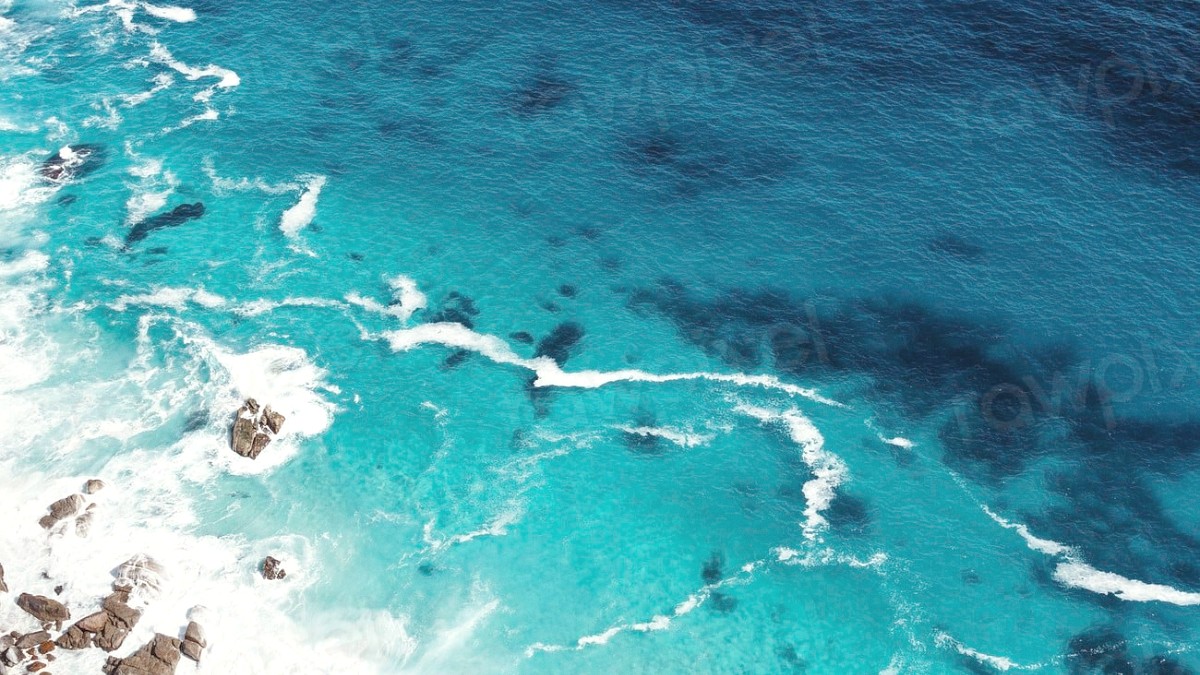
South Africa
Temperature: Summers (December to February) bring warm temperatures, with averages ranging from 20-26°C (68-79°F). Days are often sunny and pleasant. Autumn (March to May) temperatures remain mild and comfortable, typically between 15-24°C (59-75°F). Winters (June to August) are mild, with average temperatures between 10-20°C (50-68°F). Spring (September to November) brings mild to warm temperatures, generally between 16-25°C (61-77°F).
Precipitation: Port Elizabeth receives fairly consistent rainfall throughout the year, meaning there isn't a distinct dry or wet season. Spring and autumn might see slightly more precipitation. Showers are often short and localized. The average annual rainfall measures around 600-700mm. Humidity: Humidity levels are generally moderate. They tend to increase during the warmer summer months, making some days feel more humid, especially near the coast.
Port Elizabeth is indeed known as "The Windy City." Strong winds occur throughout the year, but they become especially noticeable during the summer months. These winds can sometimes affect beach conditions or outdoor activities. Travelers might pack a windbreaker or a light jacket to handle these conditions comfortably. The Eastern Cape is generally not prone to monsoons, hurricanes, or extreme temperature fluctuations.
For a relaxed beach experience without large crowds, consider visiting in late February or early March, after the peak holiday season ends.
December - February
Warm weather, ideal for beaches and water activities.
Higher prices, more crowded, strong winds.
March-May & Sept-Nov
Pleasant temperatures, fewer crowds, good value.
Cooler evenings in autumn, variable weather.
June - August
Mild winter, lowest prices, minimal tourists, safari viewing.
Less appealing for beach activities, some facilities with reduced hours.
Port Elizabeth experiences a subtropical climate, with mild, pleasant winters and warm, sunny summers. Rainfall is spread throughout the year, without a distinct wet or dry season.
The city's coastal location means humidity levels remain moderate, rising slightly during the warmer months. Showers, when they occur, are generally short and localized. The city's nickname "The Windy City" points to frequent strong winds, especially in summer, which can cool down even warm days.
Warmest, ideal for beaches, potential strong winds.
Mild, comfortable, fewer crowds.
Mild, budget-friendly, great for safaris.
Mild to warm, comfortable, wildflowers appear.
Prepare for coastal winds year-round, especially in summer.
Regulations vary based on nationality, purpose of visit, and duration of stay. Staying informed on the latest rules from the South African Department of Home Affairs is helpful. Services like IVisa or VisaHQ offer consumer visa application guidance.
Many nationalities, including citizens of the United States of America, the United Kingdom, Canada, Australia, New Zealand, and most European Union countries, do not need a visa for stays up to 90 days for tourism or business.
Even for visa-exempt visitors, certain documents are necessary upon arrival at the port of entry.
South Africa uses the Rand (ZAR). Prices vary considerably with travel style.
Your health and safety on your trip are important. Port Elizabeth is generally safe for tourists, with vigilance recommended.
A Yellow Fever Vaccination Certificate is necessary if you are traveling from or transiting through a country with high risk. Consult a travel health professional 4-6 weeks before departure for recommended routine vaccinations (MMR, DTP, Polio, flu), Hepatitis A/B, and Typhoid.
Port Elizabeth is malaria-free. Traveller's diarrhea is a common ailment; practice good food hygiene. Sunburn and heatstroke are risks; use high SPF sunscreen, hats, and sunglasses. Stay hydrated.
Port Elizabeth features both public and private healthcare facilities. Private hospitals, like Netcare Greenacres Hospital, offer a high standard of care. Pharmacies are widely available.
Private hospitals offer high-standard care.
Public hospitals may have longer waiting times.
South Africa has a high overall crime rate, including violent crime. Opportunistic crime remains a concern. Awareness and vigilance are important. Some central business districts, especially after dark, present higher crime rates.
Safer areas: Summerstrand, Humewood, Walmer, Richmond Hill.
Avoid displaying wealth, walk alone at night in poorly lit areas.
Emergency services are available. Police, Ambulance, and Fire services can be reached via universal emergency numbers. Private medical emergency services also exist.
Police: 10111; Ambulance/Fire: 10177.
Netcare 911 (082 911) and ER24 (084 124) are private services.
| Risk Factor | Detail | Mitigation Strategy |
|---|---|---|
| Natural Disasters | Localized urban flooding, wildfires (dry/windy conditions), strong winds. | Stay informed on local weather. Pack a windbreaker. |
| Crime (Opportunistic) | Muggings, petty theft, car hijackings. | Avoid displaying wealth. Use reputable transport. Lock car doors. |
| Health (Water/Food) | Traveler's diarrhea. | Practice good food hygiene. Consider bottled water. |